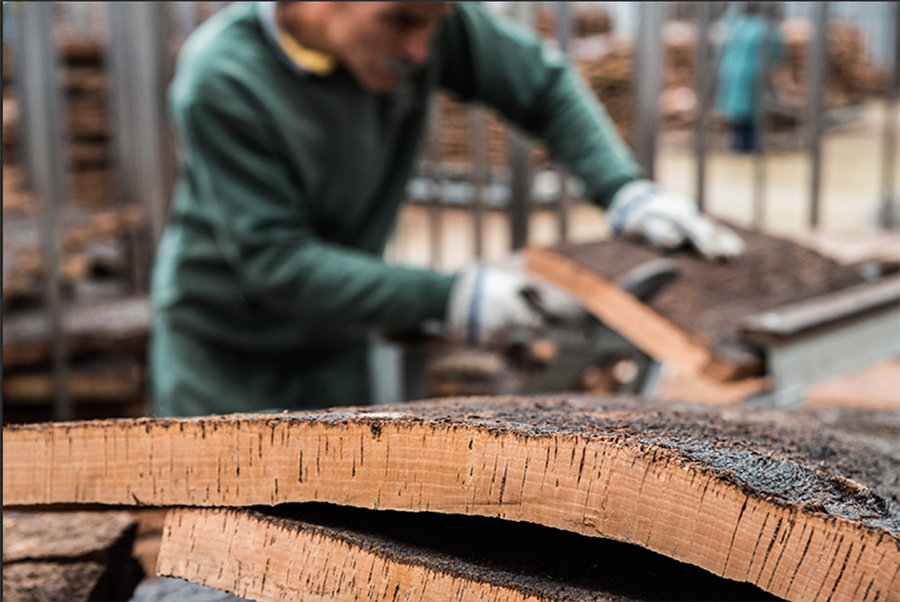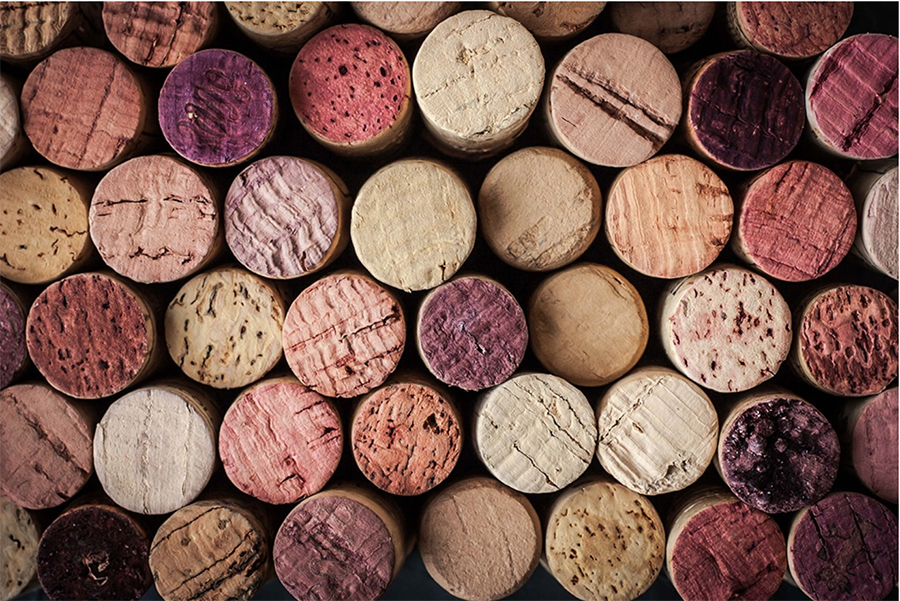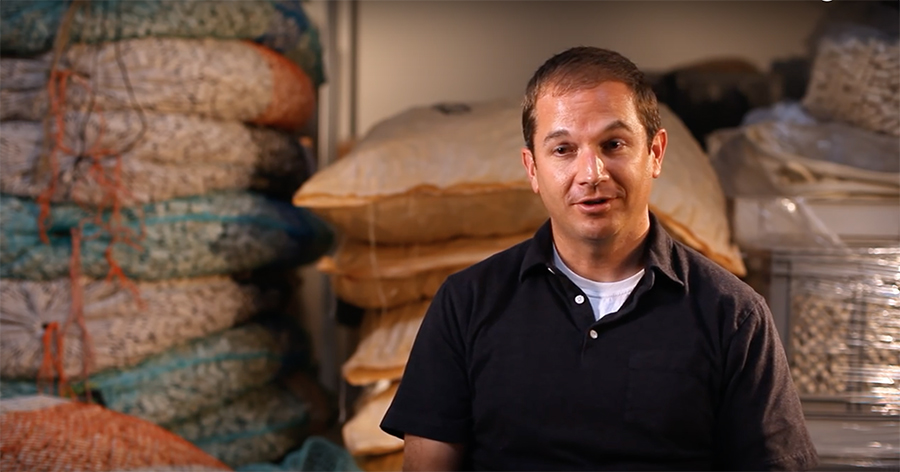
A piece of cork weighs .20 ounces.
The cork measures .75 inches in diameter by 1.75 inches in length.
Cork is truly a one-of-a-kind substance, for more reasons than stopping a wine bottle.
—•—
Why are cork forests so important? Cork groves contain some of the world’s highest levels of forest biodiversity and absorb millions of tons of CO2 each year, helping to combat global warming. Cork forests are one of the most sustainable and environmentally-harvested forests in the world.
What happens to the cork trees after the bark is removed? Cork trees are never cut down or harmed in any way in the harvesting process. Like the wool on a shorn sheep, the bark from a cork oak regenerates every nine years.
Is there a cork shortage? There is enough cork to seal all the wine bottles produced in the world for the next 100 years. The cork forests are more sustainably managed than ever before, and new planting is always ongoing.
How do screw caps and plastic bottle closures compare with cork? Cork is biodegradable and recyclable. Two organizations–ReCork and Cork ReHarvest–collect used cork so that it doesn’t end up in a landfill and repurpose it for use. Learn about ReCORK here and below.
Metal screw caps are not biodegradable and there are currently no recycling centers in the U.S. that accept them. The manufacturers of aluminum metal screw caps often include the use of toxic materials, and in comparison to the production of a natural cork, 24 times more greenhouse gasses are released and over 10 times more energy is used when making one screw cap.
Plastic closures are made from petro-chemicals. They are not sourced from a sustainable product and generate 10 times more greenhouse gasses than natural cork to produce.
—•—
Keep environmentally harmful foam out of our oceans with the first 100-percent natural and sustainable alternative to standard petroleum-based EVA foam surf traction pads. Watch here.
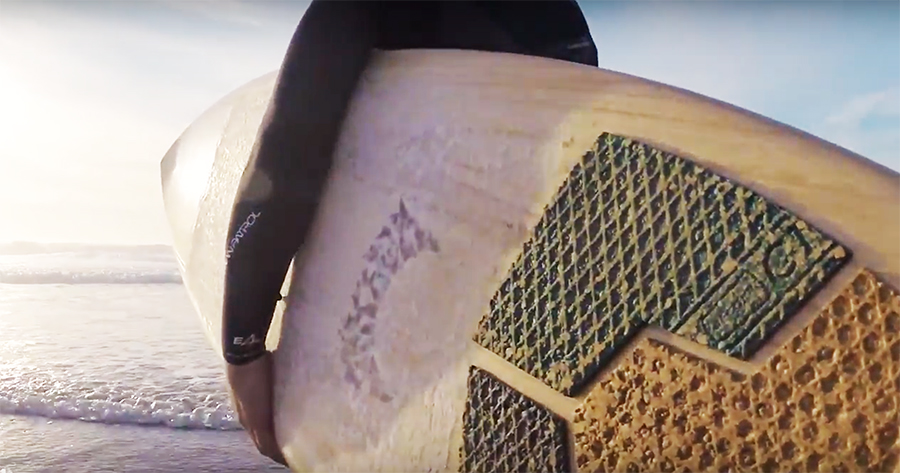
ReCork 32* Traction is a high-performance surf traction pad made from a durable, light-weight and naturally grippy recycled cork composite. Each traction pad contains approximately 32 recycled natural wine corks collected from ReCORK collection partners across the U.S. The unique Directional Hex pattern provides grip exactly where you need it, allowing you to reposition your back foot more easily without sacrificing front-to-back traction.
—•—
Fast Facts
- Cork trees live on average 200 years, but there are cork trees that are 500 years old. They grow up to 75 feet tall.
- Cork trees thrive in the Mediterranean areas of Portugal, Algeria, Spain, Morocco, France, Italy and Tunisia.
- A cork tree is ready to be harvested after it is 40 years old.
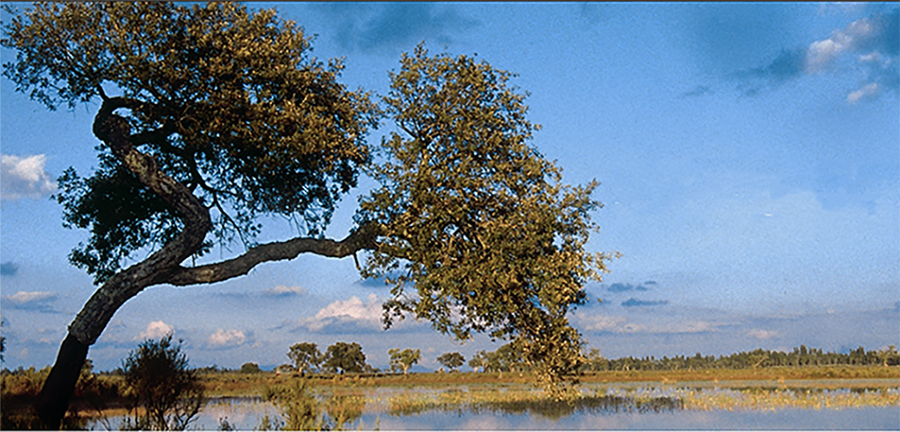
- Seventeenth-century French monk Dom Perignon is credited with being the first to recognize the ability of cork to contain sparkling wines.
- The bark is ready to be re-harvested after nine to 12 years. A 200-year-old cork tree can be harvested over 16 times.
- The bark is stripped manually by expert harvesters in the months of May to August.
- Cork planks are stored outside for a minimum of six months to dry before they start being processed.

- From 220 pounds of raw planks you can obtain 136.6 pounds of usable planks.
- Cork is made of water-resistant cells that separate the outer bark from the delicate interior bark. It has a unique set of properties not found in any other naturally-existing material.
- It is lightweight, rot resistant, fire resistant, termite resistant, impermeable to gas and liquid, soft and buoyant.
